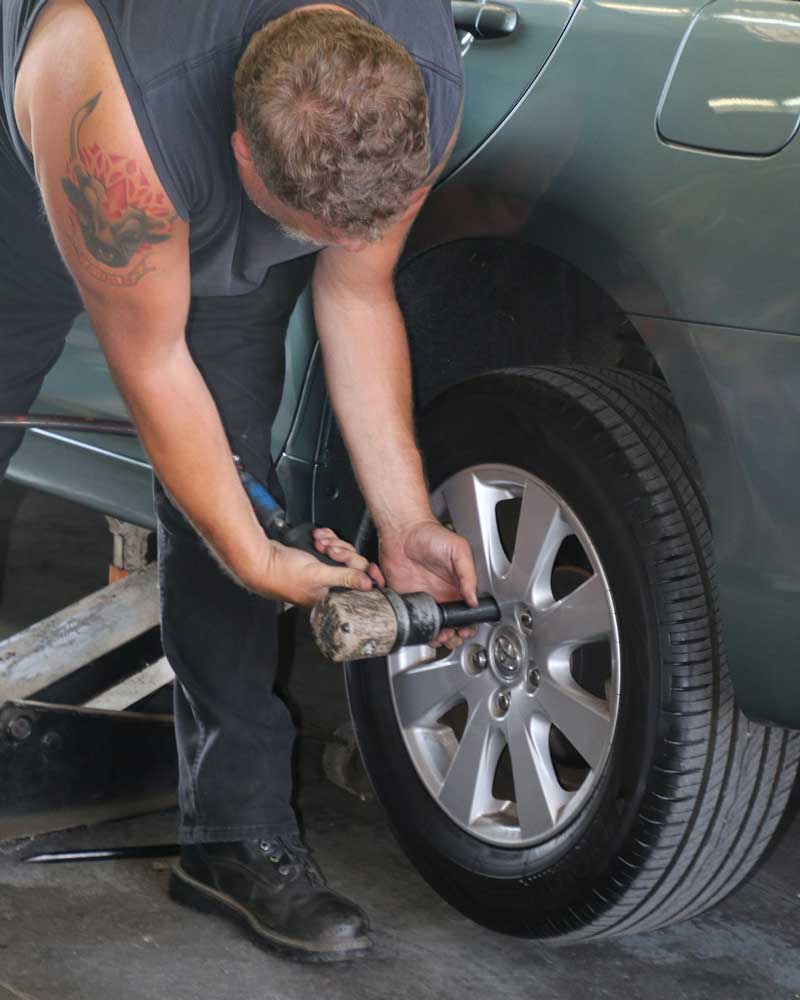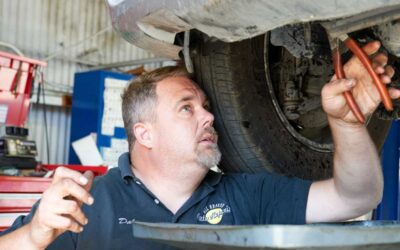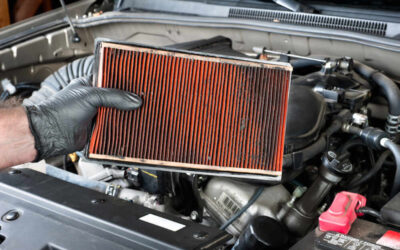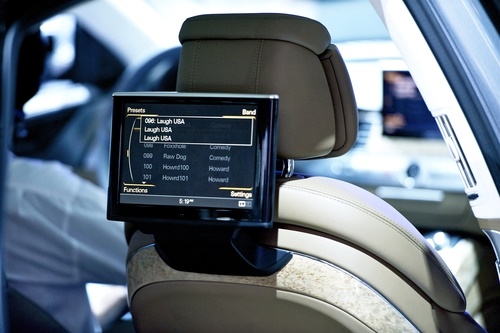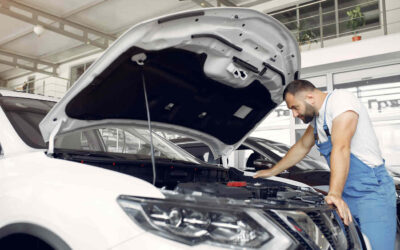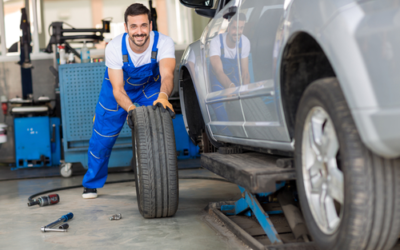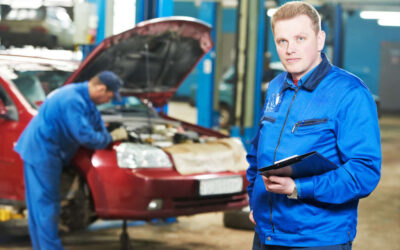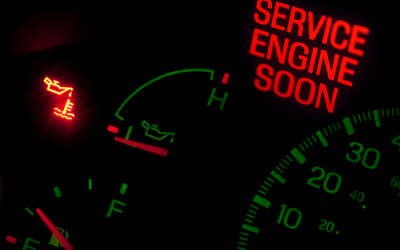All Around Auto Repair
replacements
Repair. Maintenance. Service. Since 2001
You may not spend a lot of time thinking about your brakes – and that’s certainly not what keeps most people up at night! – but your brakes do need to be inspected by a reputable autoshop every once in a while.
Signs You Need a Nearby Autoshop
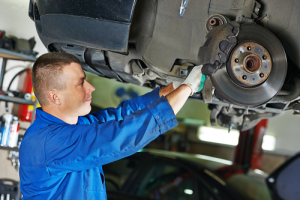 How often do you need to repair your brake pads? The auto experts recommend replacing your brake pads every 50,000 miles, but some vehicle owners under rough driving conditions might need new brake pads every 25,000 miles.
How often do you need to repair your brake pads? The auto experts recommend replacing your brake pads every 50,000 miles, but some vehicle owners under rough driving conditions might need new brake pads every 25,000 miles.
If you’re unsure whether you need new brake pads, then definitely don’t ignore these tell-tale symptoms: a vibrating brake pedal, a grinding noise when you attempt to engage the brake, the brake indicator light on your dash turns on.
While brake pads are critical to your vehicle stopping in time because they provide the actual friction to make it happen, your braking system contains a master cylinder, brake fluid, and brake calipers. There are a lot of moving parts!
Bleeding the Brake Lines
There’s something strange about the term “bleeding” to describe a car, but in this sense autoshop technicians are basically only removing air bubbles from the hoses and pipes that comprise your brake lines. The word “bleeding,” as used by auto mechanics at an auto center basically just means removing these air bubbles.
The goal in reducing these air bubbles in the braking system is to increase the hydraulic pressure and boost the braking performance of your vehicle, especially the master cylinder (more below). Technically, your brake fluid is a incompressible liquid that doesn’t play nice with a compressible gas like air bubbles, so removing air bubbles is the best thing to do.
Come in to an autoshop like All Around Auto Repair to get your brakes lines bled. What will happen is that your vehicle will have the brake fluid drained from it and fresh fluid will take its place. Air bubbles and dirt will also be removed from the braking system. Slow or noisy braking might be a sign that you’re dealing with air bubbles and need to take your vehicle in to an auto center right away.
Brake Pad Replacement
Your vehicle’s brake pad lining is made from a material that’s designed to increase friction whenever you depress your brake pedal. When things don’t work properly, you’ll notice a really annoying high-pitched squealing noise and less ability to brake in time. Yikes!
Replacing your brake pads is something that you should definitely let an auto center handle because it involves removing your lug nuts, wheels, and caliper fasteners.
The mechanics at All Around Auto Repair can do all of that before checking out your vehicle’s brake fluid level and do things like apply caliper grease and check the rotor. Your braking system has a lot of moving parts that are best handled by a professional.
Master Cylinder Overhaul at All Around Auto Repair
If you’re reading this thinking something like, “master cylinder…is that something else I might need to replace?” The good news is that the answer should be “no” since the master cylinder in your braking system is usually designed to last through your vehicle’s entire lifetime.
Your master cylinder converts the force from your foot depressing the brake pedal into hydraulic pressure. Your vehicle’s master cylinder contains many valves and pistons that, in turn, transfer movement with the help of hydraulic fluid to the so-called slave cylinders.
Although your master cylinder shouldn’t have to be replaced outright, grime that gets into the system can harm the performance of the master cylinder’s pistons. Plastic pieces can also wear out and sink performance – more reason to take your vehicle in to All Around Auto Repair for a brake inspection.
The ASA-certified mechanics at All Around Auto Repair have inspected and repaired thousands of braking systems on hundreds of different vehicles. Hit the brakes and schedule an appointment today at a full-service auto center!
The Role of Brake Fluid Maintenance in System Longevity
The Importance of Regular Brake Fluid Checks
Brake fluid is the lifeline of your vehicle’s braking system, yet it often goes unnoticed during routine maintenance. Over time, brake fluid can absorb moisture, which can lower its boiling point and reduce braking efficiency. Regularly checking and replacing brake fluid can prevent these issues, helping maintain optimal braking performance. A brake fluid check every two years is a good rule of thumb, though drivers in high-humidity areas may need more frequent checks to combat fluid degradation.
Brake System Sensors: A New Layer of Safety Modern vehicles are equipped with brake sensors that monitor various aspects of the braking system, including pad thickness and hydraulic pressure. These sensors provide early warnings, allowing you to address potential brake issues before they become serious. If your dashboard shows any brake warning lights, it’s a sign to visit a trusted auto repair shop for diagnostics. These advanced sensors can detect changes in your brake system’s performance, making it easier to ensure safe braking.
Understanding Brake Rotor Maintenance While brake pads are commonly replaced, rotors also play a crucial role in stopping power. Rotors can warp or develop grooves over time, especially if you drive in challenging conditions or frequently brake hard. Having your rotors checked when replacing brake pads can ensure that both components work together effectively, extending the life of your braking system. Quality auto centers will measure rotor thickness and inspect for damage, recommending replacement or resurfacing when necessary.
Taking these additional steps can help you keep your braking system in top shape and avoid costly repairs down the line.
The Impact of Driving Habits on Brake Longevity
Your driving style plays a massive role in how long your brake components last. Aggressive braking, frequent stop-and-go traffic, and high-speed braking can cause brake pads and rotors to wear out much faster. On the other hand, smooth, gradual braking can help extend their lifespan. One way to reduce wear is by engine braking—downshifting to slow down instead of relying solely on your brakes. If you drive in hilly areas or heavy traffic daily, it’s worth having your brakes inspected more frequently to avoid premature failure.
The Hidden Dangers of Contaminated Brake Fluid
Most people don’t realize that brake fluid is hygroscopic, meaning it absorbs moisture from the air over time. This water contamination can lead to corrosion within your braking system, causing rust in brake lines and reducing hydraulic efficiency. A study by AAA found that vehicles with neglected brake fluid are 30% more likely to experience brake failure. To prevent this, auto experts recommend a brake fluid flush every 30,000 miles or every two years, depending on driving conditions. Regular maintenance can save you from costly repairs and potential safety hazards.
Electronic Brake Force Distribution (EBD): The Future of Braking
Modern vehicles are equipped with Electronic Brake Force Distribution (EBD), an advanced system that automatically adjusts braking power between the front and rear wheels. This technology enhances stability, especially during sudden stops or when driving on slippery roads. EBD works alongside Anti-lock Braking Systems (ABS) to optimize braking efficiency, preventing skidding and improving control. If your vehicle has EBD, make sure to have it checked during routine brake inspections, as sensor malfunctions can lead to uneven braking performance.
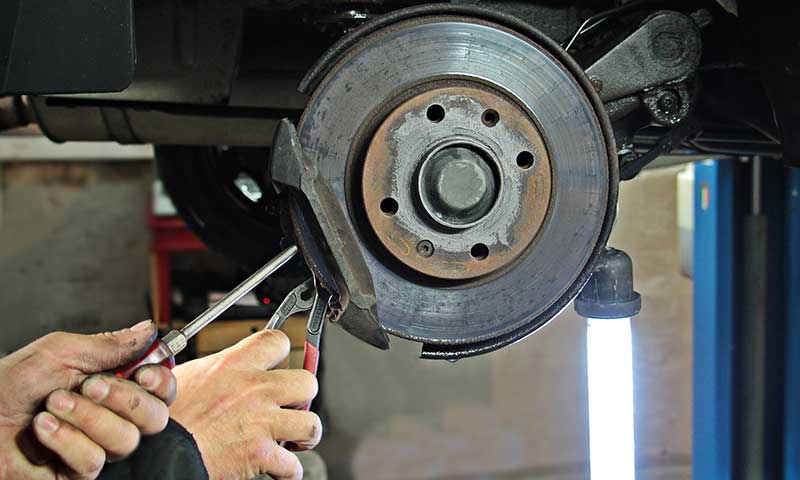
Brake Repairs and Replacements at All Around Auto Repair
We have a lot to say about Brake Repairs and Replacements and the importance of regular maintenance for your vehicle. See our articles below to learn more about how to keep your vehicle in it’s best condition:
What’s the Difference Between an Auto Body Shop and Auto Repair Shop?
That's a great question - what's the difference between the two? Well, it all starts with understanding the names. An "auto body" shop is about fixing up your car's actual body. That includes things like doors and bumpers. An auto repair shop is a little different. ...
Car Problems That Require an Immediate Pit Stop Into All Around Auto Repair
Checking under the hood of your vehicle is only natural. You're curious to see what goes on under there. This is an interesting time really - there's a YouTube video about repairing just about anything, but the world (including cars...and car problems) is getting more...
Automotive Technology is Changing the Drive for Millions
At its best, automotive technology makes your driving experience safer and more enjoyable. Features like adaptive cruise control also help you save more at the pump by improving your fuel economy. Similar automotive technologies like automatic emergency braking...
Regular Auto Maintenance is the Gift that Keeps on Giving
Although the California weather might not be frightful this holiday season, you can still receive the gift that keeps on giving for Christmas. Regular auto maintenance gives you better gas mileage by giving your engine the freshest possible oil (oil changes at All...
Brake Inspection Tips for Optimal Vehicle Performance
Brake inspection is a critical maintenance process for your vehicle. If your braking system is compromised or in general poor condition, your car or truck will not perform as expected. You might experience handling issues, and your personal safety might be compromised...
Four Very Common Car Repairs You Need to Consider Getting Today
Cars are such a huge convenience. They've literally revolutionized the way that society is set up and the way that you live, shop, play,and work. It wasn't that long ago that the horse and buggy got you from here to there... Dashboard Lights Flashing? Don't Panic:...
Routine Car Maintenance Tips for Fall
Anticipating what could go wrong and making sure every system of your car is working optimally is what car maintenance is all about. You're much better off checking off a few boxes on routine car maintenance and nipping problems in the bud before they develop into...
Your Dashboard Symbols Could Indicate Serious Car Problems
The symbols that occasionally light up on your dashboard are nothing to ignore. While some symbols are fairly innocuous and easily fixed (e.g., a gas cap symbol that indicates a loose cap) others can indicate serious car problems that require a professional scanning...
How to Manage Your Car Service Needs
Proper car service is essential for optimal performance, automobile safety and even fuel efficiency. Therefore, you must not neglect the recommended maintenance for your vehicle. In general, trucks and cars experience gradual wear due to normal usage. The worn...
Summer’s Last Hurrah: Getting Your Car Ready with a Tune Up
Checking that they have enough snacks and popping a pair of sandals in their suitcases are the only checklists that many people have before going on a road trip. Turns out, a car tune up may have served them better. There's nothing that will put more of a damper on...
Regular Car Maintenance Keeps You on the Road for Longer
Getting stranded on the side of the road and waiting for a tow truck aren't activities high on most people's to-do lists. If only they'd known that setting aside an hour or two for regular car maintenance could have prevented the problem in the first place. The three...
When & Why You Need a Brake Inspection
Brake problems often seem to come out of nowhere. Nobody wants to realize they need brake repairs or new brake pads in the moment when a child runs into the street to get a ball or when a deer crosses the highway. That’s why you should be proactive and get a brake...
Automotive Services
All Around Auto Repair provides maintenance for cars of all makes and models. Our mechanics also service most types of recreational vehicles, boats, and motor homes. We use sophisticated diagnostic computers to find out why your check engine light went on and identify any other problems with your vehicle.
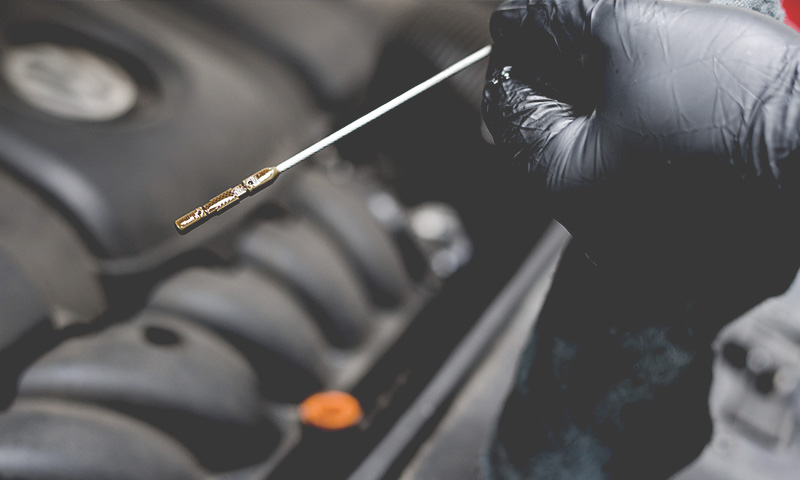
Oil Changes
A regular oil change lubricates your engine in the short term and provides long-term protection by actually cleaning your engine’s parts as it goes about its business of taking you from point A to point B.

Brake Repairs and Replacements
Too many people think that brake problems either mean you need new brake pads or all new brakes. A smart auto mechanic can find other solutions. We love solving problems and educating our customers.
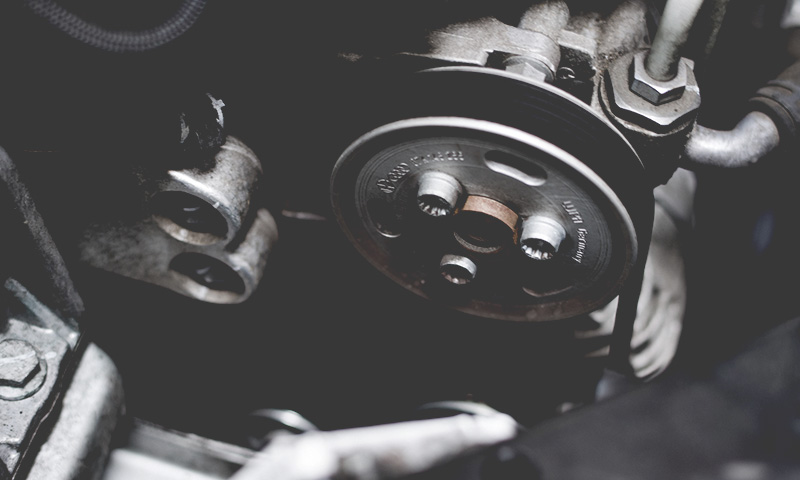
Inspections, Car Care & Tune Ups
Slight vibrations in your steering wheel or brakes that grind and become less effective are surefire, though sometimes subtle, signs that you're overdue for a tune up. Don't wait for the check engine light.
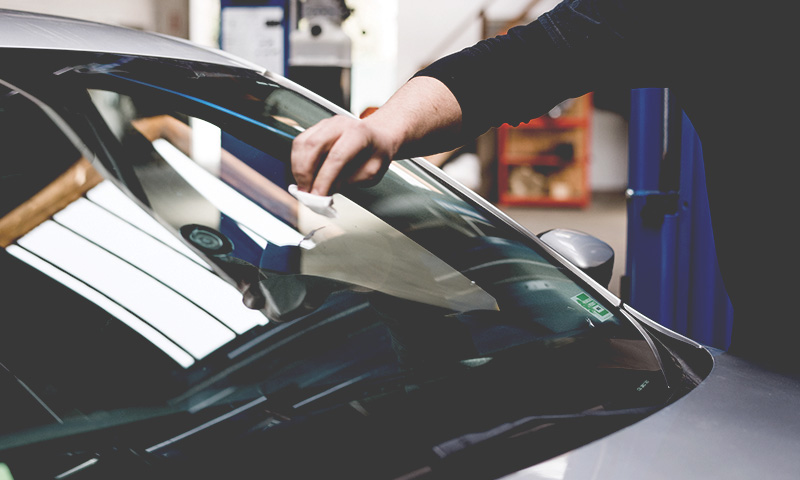
Scheduled Maintenance (30k/60k/90k)
Getting your vehicle serviced is critical to keeping your vehicle running smoothly and on the road for longer. You're probably already pretty familiar with the importance of getting your oil changed, but did you know that this is only one kind of car service that you can get?
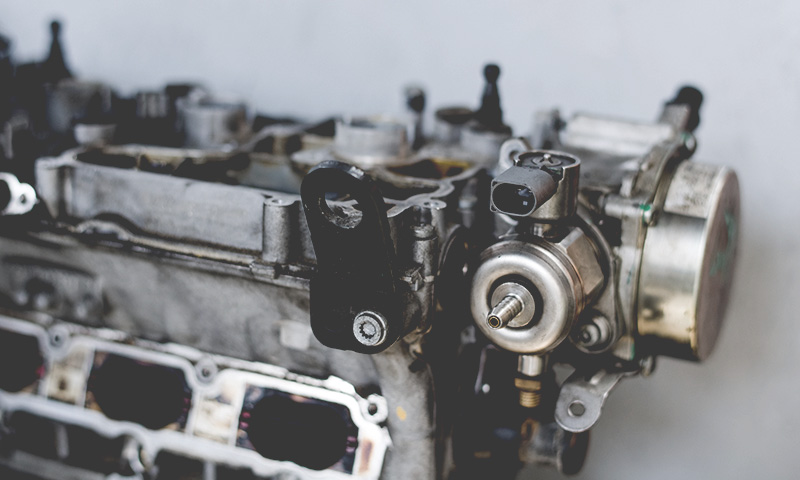
Engine Work and Overhauls
Whether you car needs some minor engine work, or a complete disassembly for an overhaul, All Around Auto Repair can help.
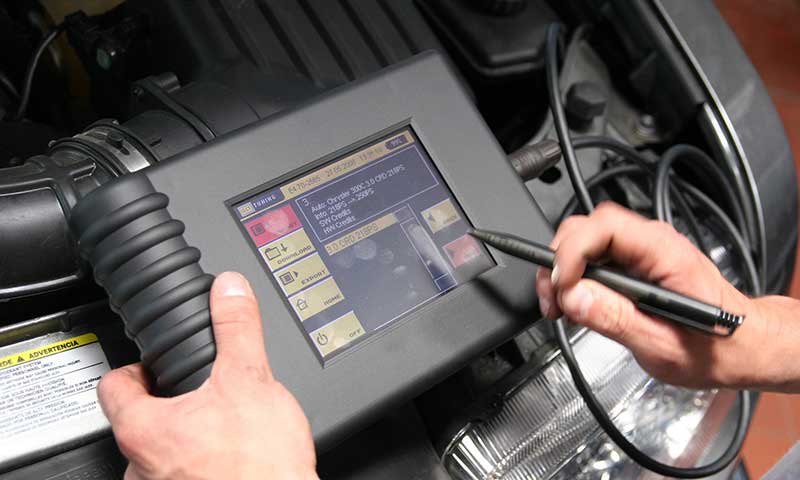
Diagnostic Tests
Without a doubt, diagnostics tools make life easier for all of us. Computers and sensors inside your car can alert you to trouble before something bad happens or significantly speed up the search for a solution.
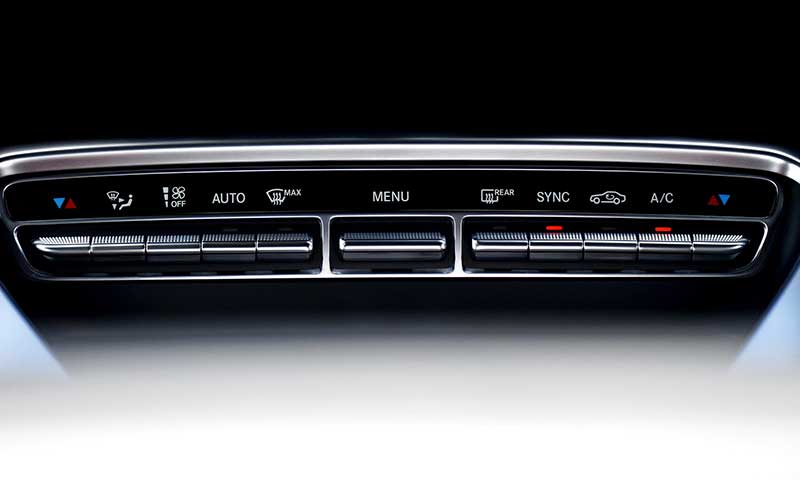
Air Conditioning Service and Repair
Auto experts say that the benefits of maintaining a comfortable temperature far outweigh the marginal increase in fuel economy that you'll get from being sweaty and uncomfortable by going a few degrees warmer.
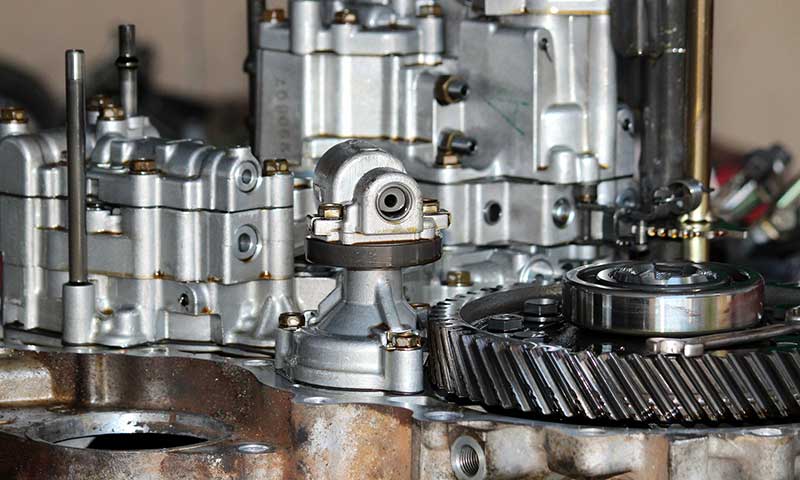
Transmission Service and Repair
Good transmission service and repair is essential for your vehicle because it will promote optimal performance and prevent the failure of the component.
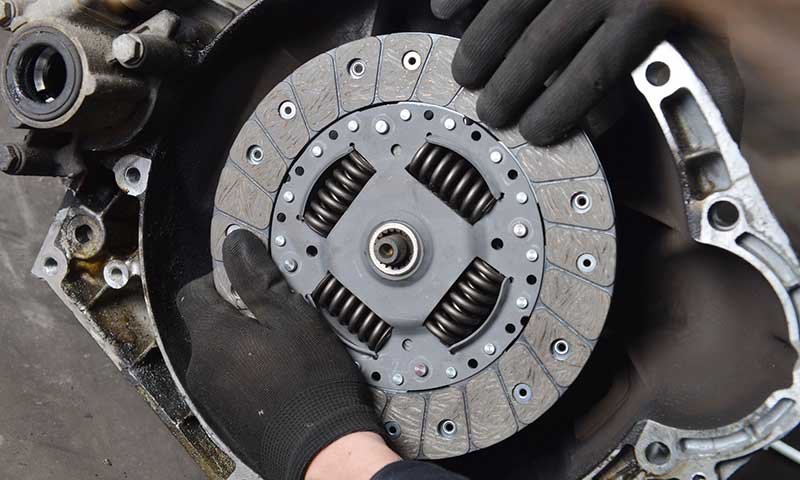
Clutch Repair and Replacement
Though the quality and lifespan of the typical clutch has improved over the years, it will not last forever. If you have driven your vehicle in excess of 20,000 miles, you should have its clutch inspected at least once a year.
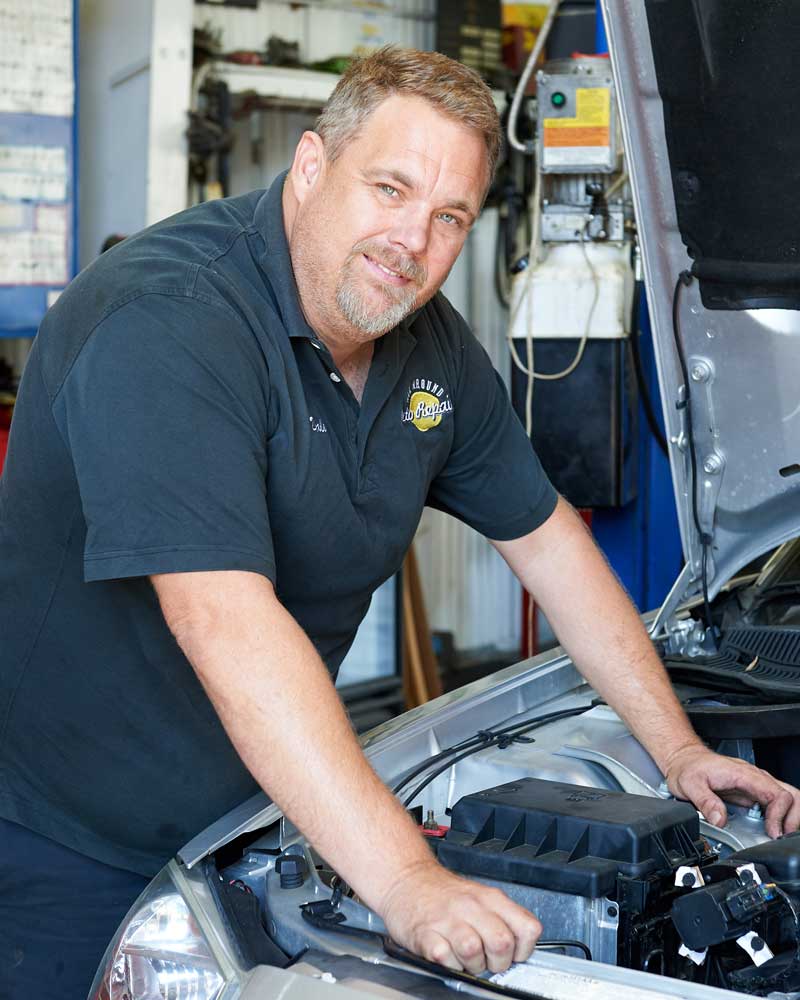
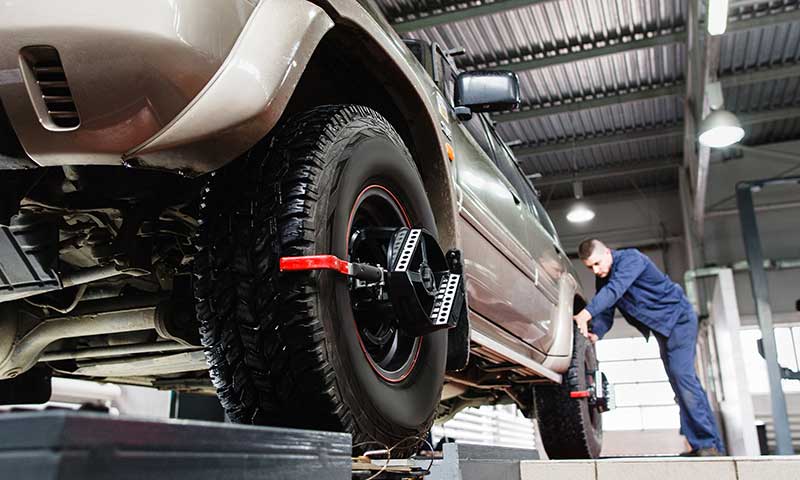
Wheel Alignment
Automobile wheel alignment is an essential aspect of car maintenance that every car owner should prioritize.
